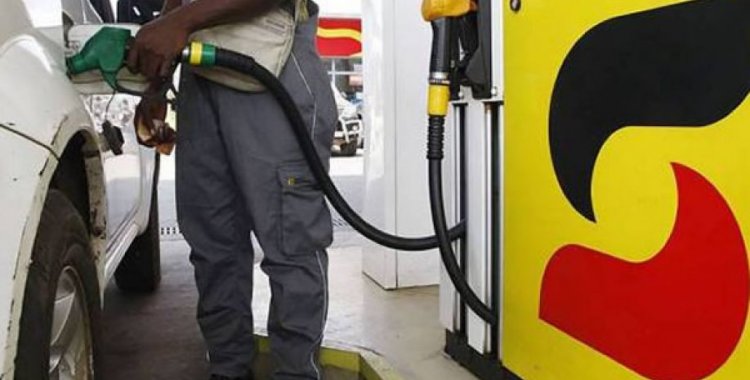The statements were made at a press conference in Luanda, after the presentation of the IMF executive board report under Article IV, which annually analyzes the national economy.
The official defended that the continued withdrawal of subsidies is "very important" to guarantee the fiscal consolidation process that is included in the General State Budget for 2024, although he recognizes that it is a "complex and delicate" reform.
Therefore, it is necessary to be preceded by "strategic communication" and appropriate mitigation measures, he considered.
Regarding the end of exemptions for taxi drivers and motorcycle taxi drivers, decreed from April 30th, he stated that the measure was not being effective and did not reach the beneficiaries who should be effectively compensated.
For Vitor Lledo, it is important to identify more focused measures, such as monetary transfers to families under the Kwenda program, which can be expanded from more rural areas to urban areas, as it has the capacity to reach vulnerable sections of the population, he suggested.
Asked whether there would be conditions to continue with the removal of subsidies this year, given the high rate of inflation and the devaluation of the kwanza, Vitor Lledo highlighted that the IMF has always defended a gradual and multi-phase withdrawal of subsidies, to try to mitigate their effects and allow time to adopt effective mitigation measures.
"We are very sensitive to the issue of the cost of living and the situation of poverty and vulnerability of the population, our recommendations are always in the sense that it is important to follow fiscal consolidation without affecting expenses in social areas and investment expenses", insisted the economist, highlighting that "there is room for maneuver" in improving the efficiency of public investments and non-oil tax collection.
He also advocated better control of current expenses that are not priorities, highlighting areas such as health, education and sanitation among the priorities.
On the other hand, authorities must pursue reforms aimed at supporting a flexible exchange rate, with a "credible" inflation targeting system, and improving the effectiveness of monetary policy instruments to mop up liquidity, as well as coordination between the National Bank of Angola and Ministry of Finance.
Vitor Lledo left an optimistic outlook for the recovery of economic growth this year, highlighting that "the dynamics in the oil sector will also have impacts on the non-oil sector".
The IMF estimates that the national economy will grow 2.6 percent this year, but warned of "high" risks from heavy dependence on oil, banking vulnerability and high debt with uncertain access to markets.
The conclusions are contained in the report of the IMF executive board under Article IV released on Saturday.
The IMF has revised economic growth downwards in 2023 to 0.5 percent, as a result of a 6.1 percent drop in the oil sector and a slowdown in the non-oil sector to 2.9 percent.
Next week, Lledo announced, IMF deputy director Antoinette Sayeh will visit Angola in recognition of the country's growing economic and geopolitical importance, and is also an opportunity to show the institution's support for the Angolan government to maintain the reforms initiated in 2018 in a increasingly difficult global environment.







